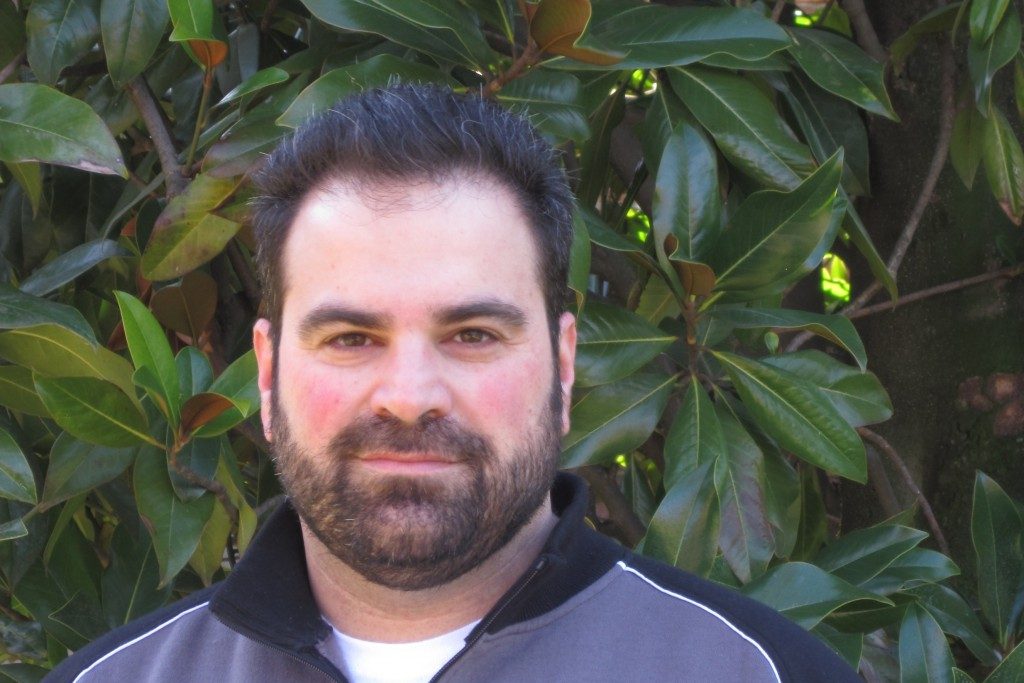On Monday 18th of September, Professor Samuele Marcora will present his research on ‘perception of effort’ at the prestigious research meeting organised by the Royal Society titled, ‘Understanding the Neurobiology of Fatigue’. Perception of effort is the conscious sensation of how hard, heavy and strenuous a physical task is. An increase in perception of effort is one of the main features of fatigue in both athletes and patients. Furthermore, the perception of effort is considered an important barrier to physical activity in the general population. With regards to its proximate cause, Professor Marcora will discuss whether the perception of effort is generated by brain processing of multiple afferent sensory signals about the physiological condition of the body, or corollary discharges from premotor and motor areas of the cortex. With regards to its ultimate cause, Professor Marcora will present an alternative to the current proposal that perception of effort is part of a complex system aimed at preventing a catastrophic failure of homoeostasis (eg myocardial ischaemia, rigor mortis in the active muscles, or even death) during excessively intense and/or prolonged physical tasks. Instead, Professor Marcora proposes that perception of effort is part of a complex system aimed at maintaining a relatively high level of body fat which, in turn, has several fitness functions. Finally, he will discuss the translation of this psychobiological research into practical interventions to treat fatigue, improve human performance and reduce physical inactivity in the general population.
Samuele Marcora presents his research to the Royal Society
The Royal Society has invited Professor Samuele Marcora to discuss his research at an event titled 'Understanding the Neurobiology of Fatigue'.

